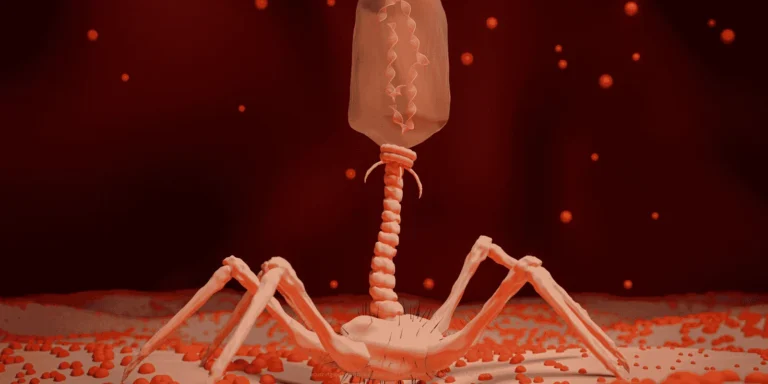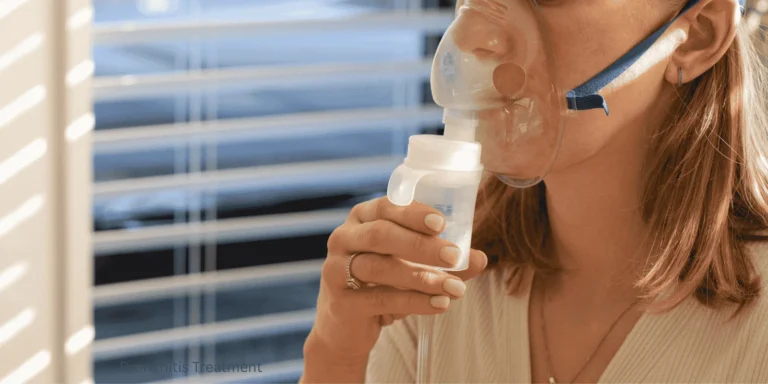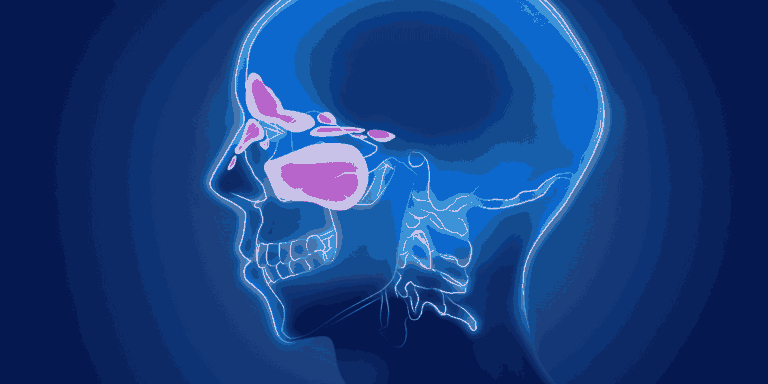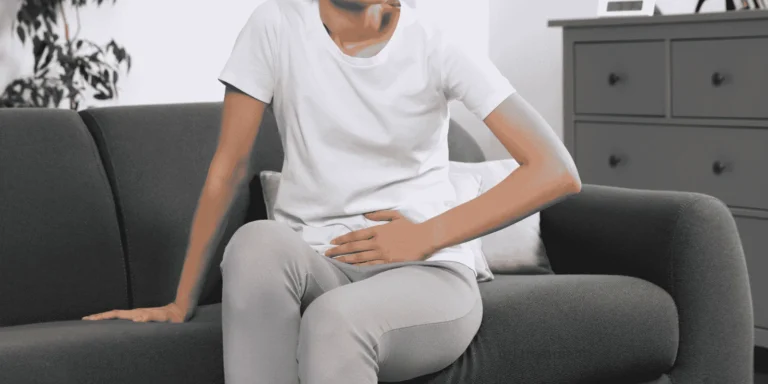That constant feeling of mucus dripping down the back of your throat is more than just annoying—it’s post-nasal drip, and it’s one of the most common causes of chronic throat irritation and coughing.
Your body produces about a quart of mucus every day. Normally you swallow it without noticing. When something goes wrong with this process, you end up with that uncomfortable, irritating sensation that drives people crazy.
What Causes Excessive Drip
Several conditions trigger increased mucus production or change its consistency. Allergies are a major culprit—when you’re exposed to allergens, your nose produces extra mucus to flush them out.
Sinus infections create thick mucus that doesn’t drain properly. Instead of flowing normally, it accumulates and drips down your throat in globs.
Even common colds and upper respiratory infections temporarily increase mucus production. The drainage usually improves as you recover, but it can persist for weeks.
Cold, dry air irritates nasal passages and triggers excess mucus. That’s why post-nasal drip often worsens in winter when heating systems dry out indoor air.
Why Your Throat Gets So Irritated
Constant mucus drainage irritates the sensitive tissues in your throat. It’s like water dripping on a rock—eventually it causes damage.
The mucus itself can be irritating, especially when it’s thick or infected. You end up with that scratchy, tickly feeling that makes you want to constantly clear your throat.
That throat clearing actually makes things worse by further irritating already inflamed tissues. It becomes a vicious cycle—the more you clear your throat, the more it needs clearing.
I had a patient last year who’d been clearing her throat dozens of times daily for months. She thought she had a throat problem. Once we treated her allergies and the post-nasal drip stopped, the throat irritation resolved completely.
The Cough Connection
Post-nasal drip is one of the top causes of chronic cough. The mucus dripping down triggers your cough reflex, especially when you lie down at night.
You might not even realize it’s post-nasal drip causing your cough. You just know you can’t stop coughing, particularly at bedtime or first thing in the morning.
What Actually Helps
Identifying and treating the underlying cause is crucial. If allergies are the problem, antihistamines and nasal steroid sprays work well. For sinus infections, you might need antibiotics.
Saline nasal rinses flush out excess mucus and irritants. Use them twice daily—morning and evening. They’re cheap, safe, and surprisingly effective.
Staying hydrated keeps mucus thin and easier to drain normally. Aim for 8-10 glasses of water daily.
Running a humidifier adds moisture to dry air, which reduces irritation and helps mucus drain better instead of getting thick and sticky.
Sleep Position Matters
Elevating your head while sleeping helps mucus drain forward through your nose instead of backward down your throat. Use extra pillows or a wedge to prop up your upper body.
When to Seek Help
If post-nasal drip lasts longer than three weeks, comes with facial pain or high fever, or doesn’t improve with over-the-counter treatments, medical evaluation is warranted.
Through our chat-based telemedicine system, I can ask specific questions about your symptoms to determine whether you need prescription medication or if self-care measures will do the job.
Most cases improve once we address the underlying cause. You don’t have to live with constant throat irritation.












